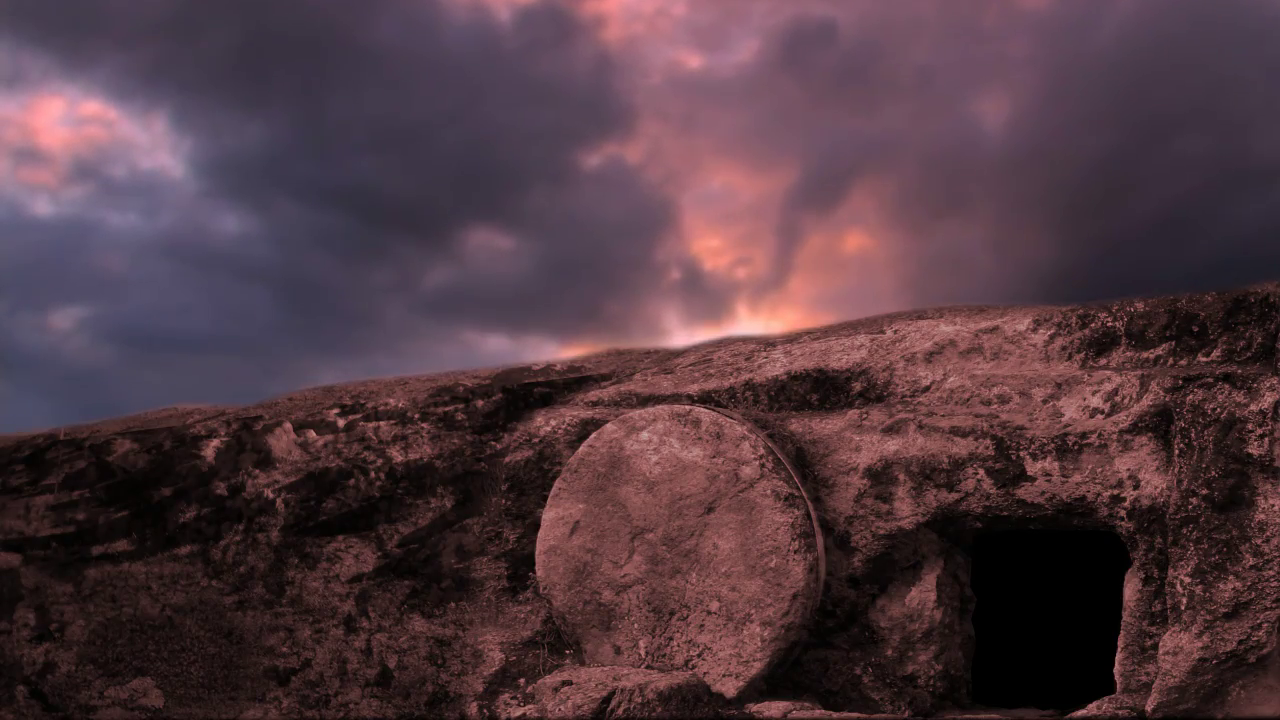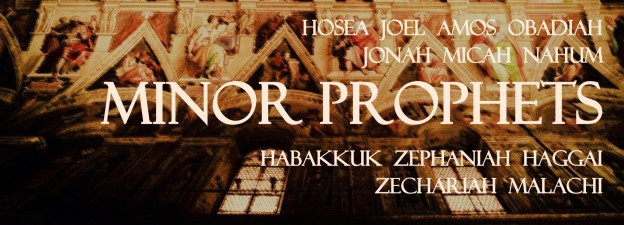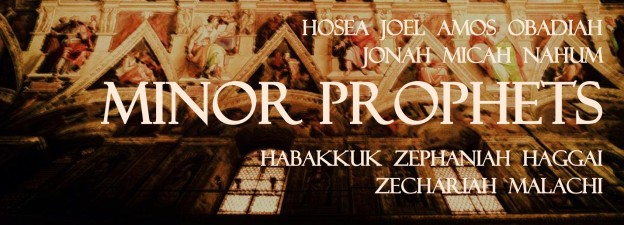
Sermons on the Minor Prophets: The Book of Amos (2)
Amos was a cattle herder and a fig harvester. He was from Judah–a nation still estranged from Israel. YHWH calls Amos to his prophetic office in order to proclaim to the people of Israel (the Northern Kingdom) that God’s judgment in the form of covenant curse is drawing ever nearer. But Amos’ preaching catches Israel completely off guard. The people of Israel are experiencing a time of great economic prosperity. The nation is producing large amounts of olive oil and wine, and shipping it across the region bringing great wealth to merchants and to the royal house. King Jeroboam II defeated Israel’s nearest enemy, the Arameans, and extended Israel’s kingdom as far north as Damascus (in modern day Syria). God’s people had experienced nothing like this since the days of Solomon. The people kept up their religious obligations toward YHWH, setting up several shrines with golden calves (representing YHWH) and where priests offered sacrifices. Surely, these were signs that all was well with the people of Israel and their relationship to YHWH, their covenant Lord. And then comes Amos about 760 B.C., preaching about impending judgment. All is not what it seems in Israel as Amos is about to reveal.
Amos is the first of three of the so-called Minor Prophets sent by YHWH to Israel. Jonah and Hosea are soon to follow before Israel is swept away in 722 B.C., by the powerful Assyrian empire. Through a vision God revealed to Amos what cannot be seen by the human eye. This vision provided the contents which Amos was to preach throughout Israel to that generation living before disaster finally comes. By preaching that which YHWH has revealed, Amos’ words will penetrate beyond mere outward appearances to recesses deep in the human heart.
Yes, Israel has grown rich–the apparent fruit of God’s covenant blessing. But these blessings never made their way to the vast majority of those living in the ten tribal lands which now made up Israel. Wealth was hoarded by the ruling class, ostentatiously displayed by the king’s courtesans, and flaunted by wealthy land owners. The nation’s wealth was earned at the expense of the poor and the laborers who did the back-breaking work of producing the oil and wine, folk who never saw the fruit of their labors, even though living in the shadow of those who filled their estates with ivory, imported couches and beds (the luxury items of the day), and who treated their workers as though they were slaves. The wealthy show contempt for the poor and feel no need to help them. But YHWH hears them when they cry to him.
Yes, Israel was at peace–relatively speaking. They defeated the Arameans and had grown strong enough to ward off their traditional enemies, the Moabites and the Ammonites. Jeroboam II, they thought, was a strong leader who carried them to victory while keeping their enemies at bay. What the people of Israel did not know was the Assyrian empire to the north was growing in power and would soon exercise an aggressive military campaign against its neighbors to the south, Syria and Israel. Israel’s military success and the peace the nation enjoyed were illusory. Neither could the people of Israel foresee that Jeroboam II would die before 750 B.C., (soon after the ministry of Amos). Jeroboam’s son and successor to the throne (Zachariah) would rule only six months before being murdered by Shallum, an army officer who reigned for a month, and who, in turn, was killed by one his own captains, Menahem, who likewise claimed the throne. Whatever peace was enjoyed under Jeroboam II, it was short-lived.
The religious shrines in Israel were full of worshipers of YHWH on the Sabbath. There were priests and plenty of sacrifices offered, along with ceremonial acts of devotion and religious feasts. By all appearances, Israel maintained some level of devotion to the Lord. But as YHWH will reveal to Israel through the mouth of Amos (5:21-24), “I hate, I despise your feasts, and I take no delight in your solemn assemblies. Even though you offer me your burnt offerings and grain offerings, I will not accept them; and the peace offerings of your fattened animals, I will not look upon them. Take away from me the noise of your songs; to the melody of your harps I will not listen. But let justice roll down like waters, and righteousness like an ever-flowing stream.” Israel’s priests were not Levites. The worship they conduct was anything but heart-felt. or grounded in a desire to be faithful to YHWH’s word. Completely overlooked is the fact that YHWH is not to be worshiped in the form of images (as made clear in the second commandment). Animal sacrifices were to made because the people felt the weight of their sin and the need to satisfy YHWH’s holy justice, not because the sacrifices were just another religious obligation, like going to church on Easter and Christmas.
To read the rest of this sermon: Click Here
 Monday, April 1, 2019 at 10:17AM
Monday, April 1, 2019 at 10:17AM 










